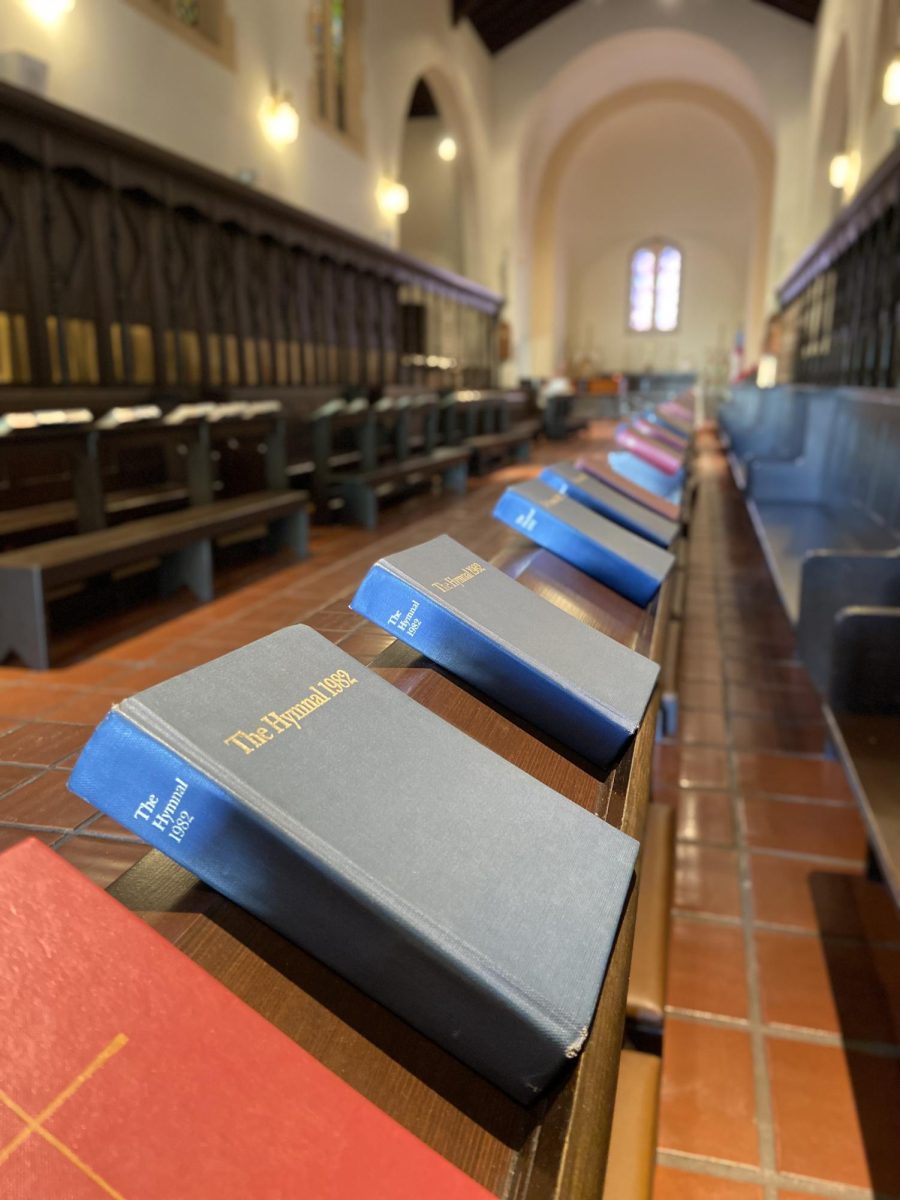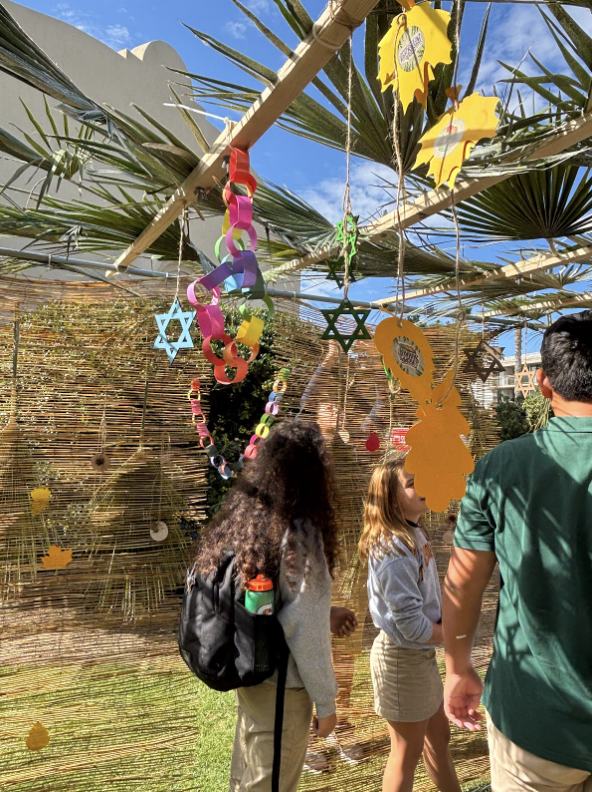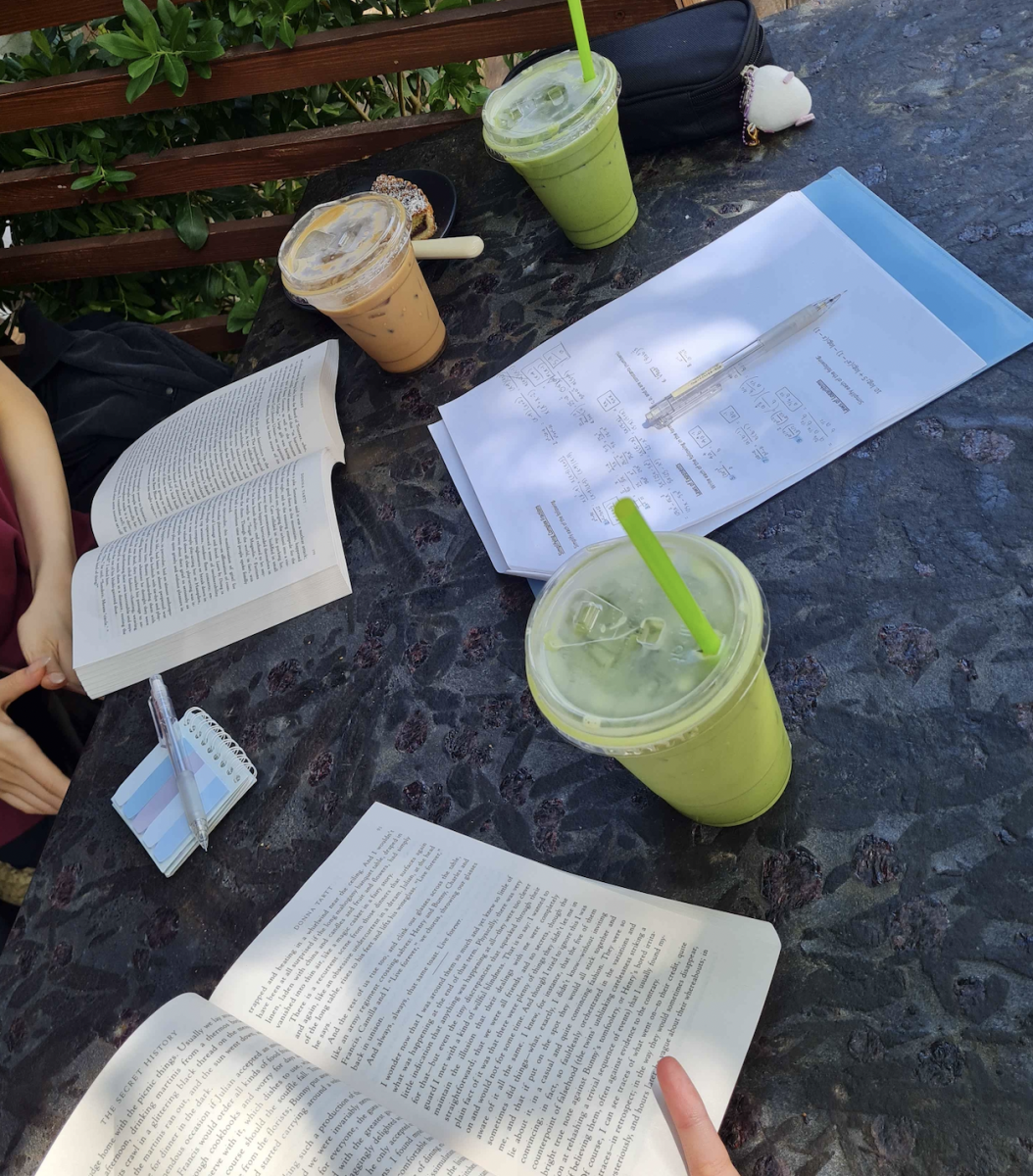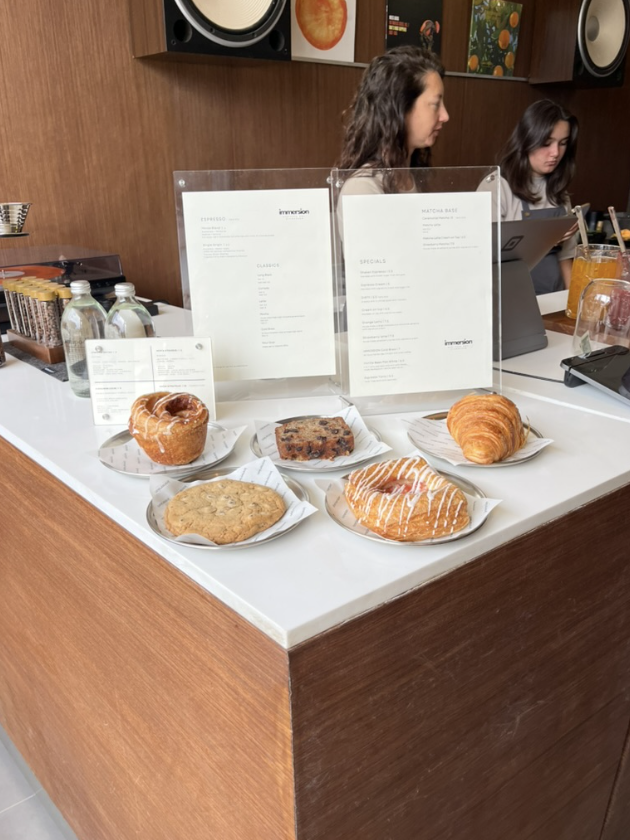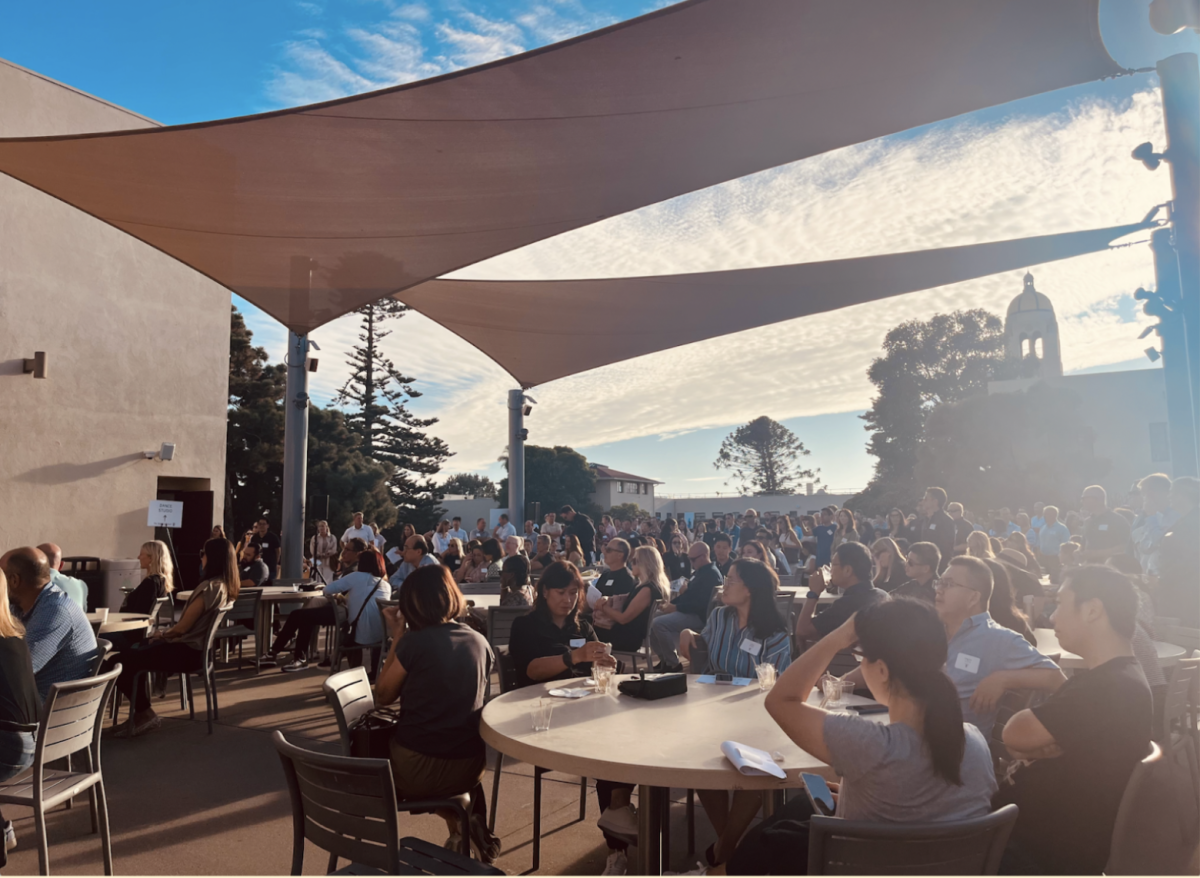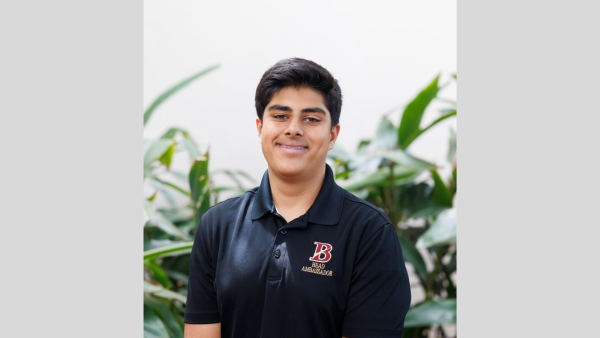“By celebrating and integrating various cultures, Bishop’s enriches the educational experience,” explained Director of DEIJ, Ms. Valissa Thomas. “The school recognizes the value of exposure to different perspectives, traditions, and backgrounds,” she added.
Out of the hundreds of Christian denominations worldwide, the Episcopal community is among the most inclusive. The Episcopal Church honors “the dignity of every human being, and we honor that every person in all their diversity,” according to the Episcopal Diocese of San Diego.
World Religions teacher Dr. Moseley noticed, “You often see a sign next to an Episcopal Church in America: ‘The Episcopal Church Welcomes You!’. Not every Christian denomination is so welcoming and inclusive,” he stated.
Ryan O’Donovan (‘27) recognized the Episcopal denomination as “a blend of tradition and openness that emphasizes love, service, and community engagement.”
Many of the lessons taught in Christianity, and more specifically, Episcopalianism, can be applied to many situations, regardless of whether you are Christian or not.
For example, Ryan stated that excellence is one of the seven main Christian values, and more generally it is “our commitment to goodness whether that be academically or socially.” This can be applied to other aspects of our lives that don’t just concern our faith.
The inclusive nature of Episcopalianism opens gateways for students at Bishop’s to learn more about religions from other parts of the world. Whether you are Episcopal or not, being welcoming is positive, and learning about other religions is the best way to do this.
“It can be true that one fears what one doesn’t know or understand,” said Dr. Moseley. “It’s a tragedy that the overwhelming majority of American students never get to study and learn about other religions of the world.”
This lack of understanding about other religions can lead to close-minded and prejudiced beliefs. “It results in much ignorance and confusion about the faith and beliefs of billions of other people worldwide,” he observed.
Learning about global religions is vital to shaping a perspective that is considerate of other people’s faith without prejudice and fear. Dr. Moseley says that partaking in events on campus is a great way to learn more.
“A great example of this was the recent Diwali celebrations during which the Chapel was ‘converted’ into a Hindu Temple,” he remarked. “We have hosted a guided community Seder meal for Passover with our Jewish families, and a guided community Iftar meal for Ramadan with our Muslim families.”
Experiences and celebrations like this are exactly what can open up your mind and lessen fear of other religions, which can lead to hate. The best way to stop this is by studying other religions and understanding them by immersing yourself in their culture. “Engaging in open and respectful conversations with individuals practicing different religions can provide valuable insights.” Ms. Thomas acknowledged.
“The best way to experience the culture of other religions is to see for yourself, firsthand, by visiting houses of worship,” Dr. Moseley commented. “There’s no substitute for the real thing.”


